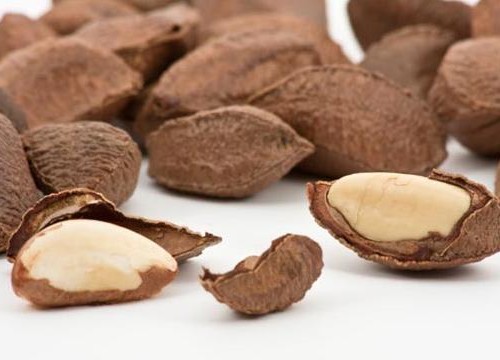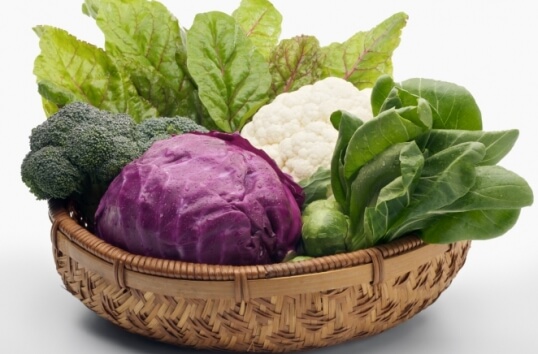Natural Remedies for Thyroid
What alternative-medicine practitioners recommend?
Supplements:
Iodine.
Thyroid needs iodine to function. Salt was iodized in the 1920s to prevent a goiter epidemic, but iodine deficiency can contribute to all types of thyroid malfunction. Those who use non-iodized salt, such as sea salt, or have a low-sodium diet—supplement with 150 to 250 mcg of iodine daily for general thyroid support, and as much as 12,500 mcg daily to treat any form of thyroid disease.
Other minerals and vitamins.
for optimal thyroid function:
- zinc (20 to 30 mg a day)
- magnesium (400 to 600 mg a day)
- calcium citrate (800 to 1,200 mg a day)
for hypothyroid:
- selenium (200 to 300 mcg a day) for thyroid-hormone production
- Vitamins A (2,500 to 5,000 IU a day)
- D3 (1,000 to 2,000 IU a day for maintenance; 5,000 to 10,000 IU a day for three to six months for treatment)
- B1, B2, and B6 (25 to 50 mg each)
- B3 and B12 (50 to 100 mg each)
- B5 (100 to 500 mg)
- B7 (150 to 1,000 mcg)
- B9 (800 mcg)
for hyperthyroid:
- copper (6 to 8 mg a day) helps limit thyroid hormones.
Sea vegetables such as kelp are good sources of iodine. Foods that contain omega-3 fatty acids, including walnuts, flaxseeds, and fatty fish like sardines and salmon, help produce thyroid hormones. Fatty fish is also a good source of vitamin D and iodine.
Gamma oryzanol, found in rice-bran oil (a cooking oil popular for frying), may help boost thyroid-hormone production.
For Hyperthyroid: Cruciferous vegetables (broccoli, cauliflower, cabbage), peaches, strawberries, peanuts, radishes, spinach, and millet are considered goitrogenic, meaning they can hinder thyroid-hormone production by reducing the amount of iodine in the body. For Hypothyroid: Cook them (heat destroys the goitrogens) or avoid eating large amounts.
30% of people with Hashimoto’s thyroiditis (hypothyroid) have an abnormal reaction to gluten, a protein found in wheat, barley, and rye. Recommended that people who think they have thyroid disease be tested for gluten sensitivity as well.
Note: Caffeine can limit absorption of thyroid medication. Wait at least an hour after taking any thyroid drug before drinking coffee or tea.



Tinggalkan Balasan